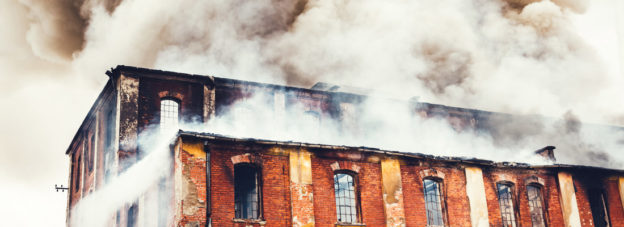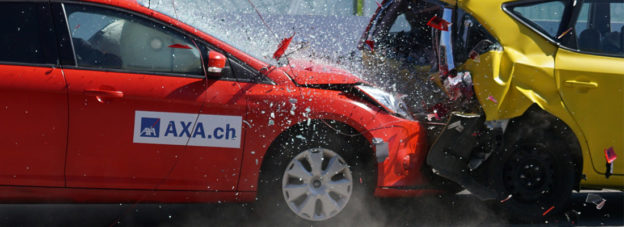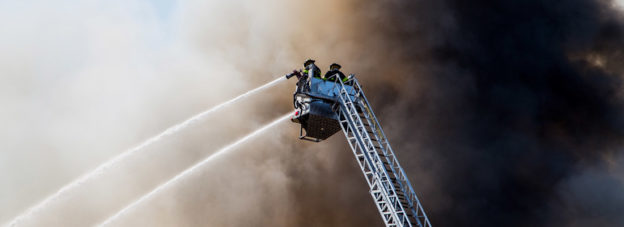In United States Automatic Sprinkler Corporation v. Erie Insurance Exchange, et al., No. 2SS-CT-264, 2023 Ind. LEXIS 105, the Supreme Court of Indiana (Supreme Court) reversed an order of the trial court that denied a motion for summary judgment filed by a sprinkler contractor. At issue was whether commercial tenants – one who contracted with the sprinkler contractor and others who did not – could recover for their respective property damages. The court held that under the contract’s subrogation waiver and agreement to insure, the contracting tenant waived its insurer’s rights to recover through subrogation. With respect to the non-contracting tenants, who sought to recover only property damages, the court held that the absence of contractual privity barred their recovery.
The case centered around a sprinkler system that malfunctioned and flooded the Sycamore Springs Office Complex (Landlord), causing extensive property damage to four commercial tenants. Surgery Center, one of the four tenants, requested permission from the Landlord to install a sprinkler system inside the building. Landlord agreed, in exchange for Surgery Center agreeing to be solely responsible for maintaining the sprinkler system. Surgery Center hired United States Automatic Sprinkler (Automatic Sprinkler) to both install and conduct periodic inspection and testing of the sprinkler system. The contract terms outlined the scope of work to be performed by Automatic Sprinkler and the work was limited to the inspection and testing of the sprinkler system. Although repairs and emergency services were excluded from the contract, each could be performed upon the request and authorization of Surgery Center for an additional cost. The contract also contained certain risk allocation provisions including a waiver of subrogation and an agreement to insure.
Continue reading →
This entry was posted in 







